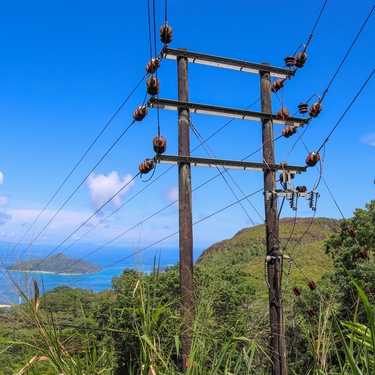
Investing in vacant land is an exciting venture and can be a great way to build your dream property or start a new project. However, it isn’t as straightforward as it may seem. Without proper planning, your vision could face unexpected challenges. To make sure you’re making an informed decision, learn what to consider before buying vacant land.
Clearly Define Your Purpose
Start by identifying why you want the land. Are you planning to build a home, start a farm, or develop a commercial property? With so many ways to profit from your land investment, your purpose will dictate much of what you need to look for, from size and location to specific legal requirements. Without a clear goal in mind, you might choose land that cannot accommodate your plans. Think long-term and ensure the land aligns with both your immediate goals and future ambitions.
Research Zoning Regulations
Understanding local zoning laws is crucial. These regulations outline what you can and cannot do with the land. For example, zoning might restrict certain types of construction or business operations. If you overlook this factor, you might end up owning land that doesn’t permit your intended use. Take the time to verify the zoning details with local authorities to ensure your plans meet the legal requirements.
Ensure Accessibility to the Property
Accessibility is a vital consideration when buying land. Properties with poor access can become a major inconvenience and may even lose their value over time. Consider whether the land is reachable by well-maintained roads, as this will impact daily usage and ease of transport for any future construction or operational needs. If the land lacks proper access, factor in the costs of improving it into your budget.
Check for Utility Services
Vacant land doesn’t always come equipped with essential utilities such as water, electricity, or sewage systems. Depending on the location, it could be expensive or even impossible to install these services. Assess the availability of these utilities before you commit to a purchase, and understand the costs involved if you need to add them.
Evaluate Environmental Factors
Environmental considerations are easy to overlook by first-time buyers but are highly important. Check for issues like flood risks, soil stability, or any contamination that might require additional resources to address. Some lands may also require environmental assessments, especially for agricultural or commercial purposes. Proper evaluation can save you from future challenges and ensure the land is suitable for your intended use.
By knowing what to consider before buying vacant land, you set yourself up for success, whether your goal is to build a home or start a new venture. Start your land-buying journey with confidence and ensure every detail aligns with your vision!
Bio: Casey is a passionate copyeditor highly motivated to provide compelling SEO content in the digital marketing space. Her expertise includes a vast range of industries from highly technical, consumer, and lifestyle-based, with an emphasis on attention to detail and readability.

























